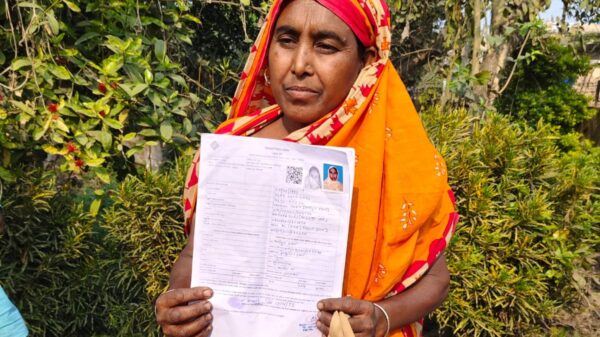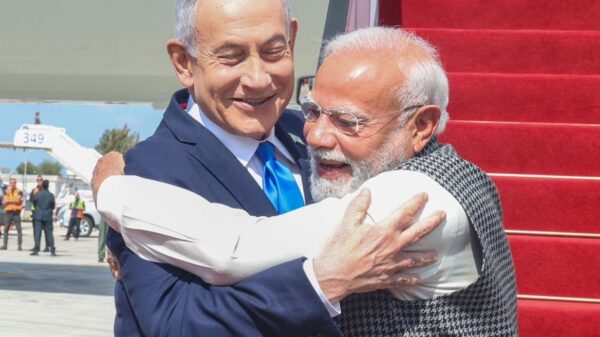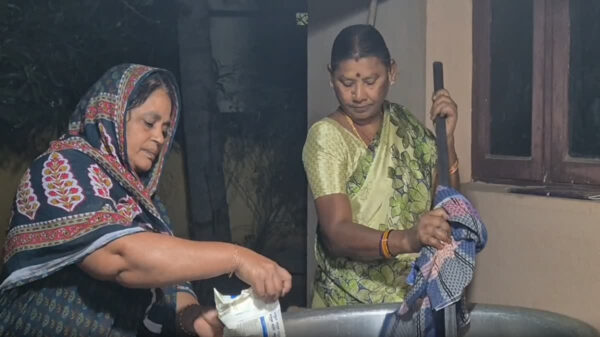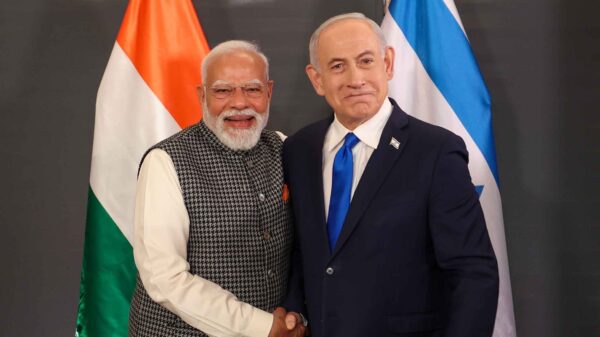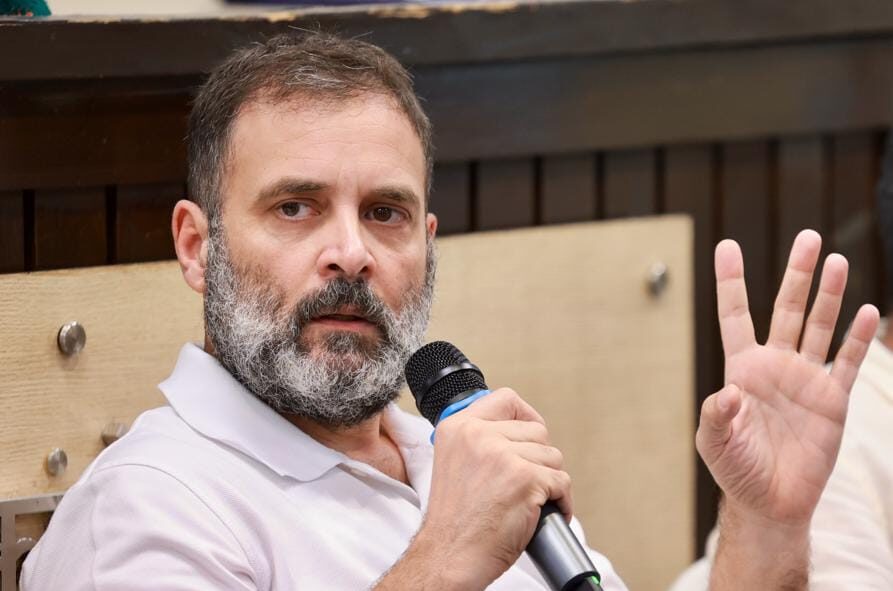While rejecting a plea filed by the opposition leader, Rahul Gandhi, against his summoning in the 2022 defamation case, the Allahabad High Court held that “the right to freedom of speech and expression does not extend to making defamatory statements against the Indian Army”.
Additional Chief Judicial Magistrate Alok Verma summoned Rahul Gandhi to appear in the Lucknow Court on March 24, in connection with a complaint against alleged defamatory remarks, which Gandhi made during his 2022 Bharat Jodo Yatra.
“Chinese soldiers are beating up Indian Army personnel in Arunachal Pradesh,” Gandhi said, criticising directed at the government over Chinese actions at the Line of Actual Control.
The complaint was made by Uday Shankar Srivastava, a former director of the Border Roads Organisation with a rank equivalent to an Army Colonel, and was filed through lawyer Vivek Tiwari. The court observed that, in light of a complaint made by an officer equivalent to the rank of an army colonel, the court held that he is an aggrieved person under Section 199 of the CrPC and therefore entitled to file the complaint. The complaint expresses deep respect for the Indian army and states that Gandhi’s comments personally hurt.
Earlier, the trial court had summoned Gandhi for an offence under Section 500 of the Indian Penal Code (I.P.C.), which specifies the punishment for defamation as a fine or imprisonment for up to two years. Gandhi was summoned on February 11, 2025, and subsequently filed a plea challenging the order.
This is not the only case of complaint against Gandhi. In 2018, BJP leader Navin Jha filed a complaint against Gandhi, alleging that Gandhi delivered a speech on March 18, 2018, criticising the BJP and accusing Shah of being involved in murder. In another case, booked against Gandhi for calling Union Home Minister and former Bharatiya Janata Party (BJP) President Amit Shah a murder accused, the Supreme Court in January paused criminal proceedings against him.






